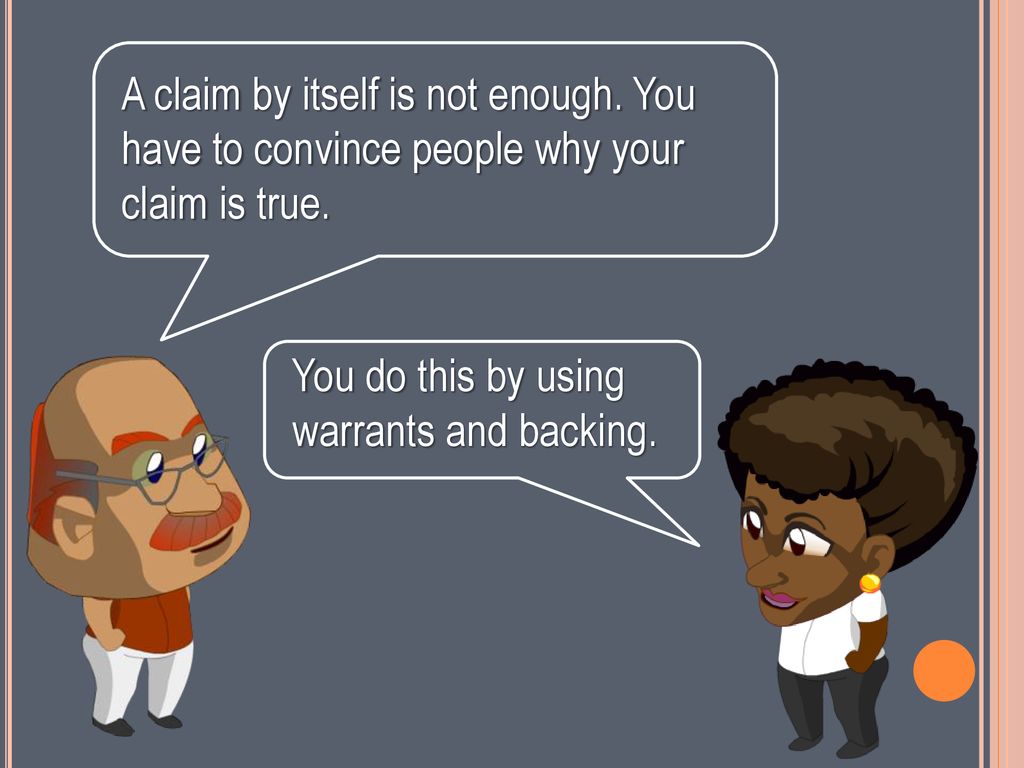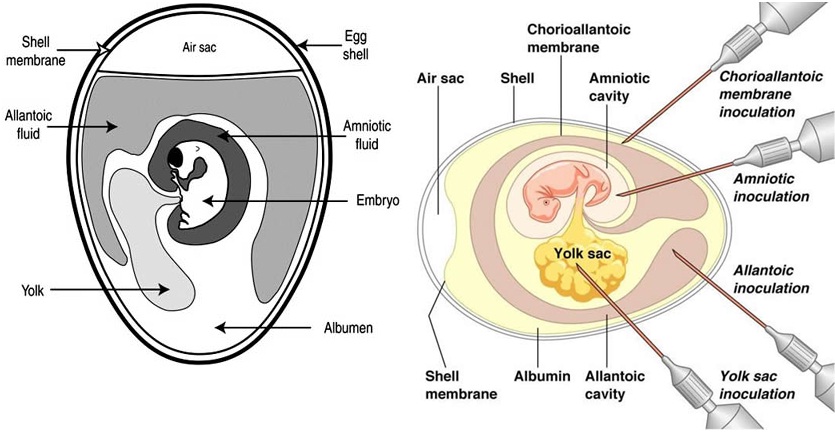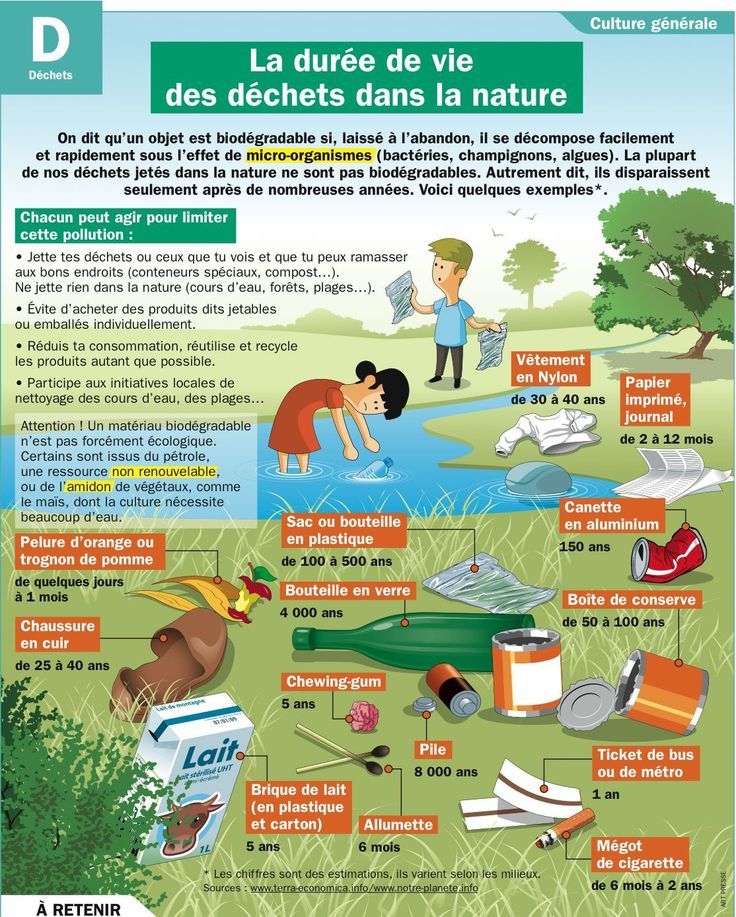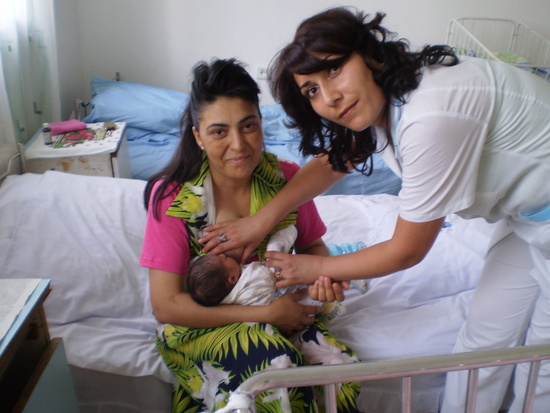How old can you claim a child
How Long Do Kids Stay Dependents?
Once you are a parent, you never stop being a parent. You stayed up with your kids when they had the flu, helped them study for the ACT, cheered them on at their graduation. You have been there for their highs, lows, and everything in between. You will continue to care, love, and support your children for the rest of your life.
But will there ever be a time they can fly away from the nest?
According to the federal government, the answer is yes!
From the time your children were born, you claimed them as dependents on your federal and state taxes, which has saved you money on your taxes over the years. The decision to claim children as dependents rests on a myriad of factors, let’s see how those could affect you this year.
In the Nest – How Long You Can Claim
The federal government allows you to claim dependent children until they are 19. This age limit is extended to 24 if they attend college. If your child is over 24 but not earning much income, they can be claimed as a qualifying relative if they meet the income limits and/or if they are permanently disabled. It is important to know that there is no age limit if your child is permanently disabled.
Other factors that contribute to your ability to claim your children as dependents are:
- Amount of time your children live with you
- Your child must live with you for at least 6 months before you can claim them as a dependent.
- Financial support
- If your child makes more than half of their own support during the tax year, they cannot be claimed as a dependent. This support consists of housing, food, education, medical care, insurance, and recreational spending.
- Marital Status
- If you are not married and the child lived with you and the other parent half of the time, the person with the highest adjusted gross income will often take the deduction. This, however, can be negotiated.
- If you pay child support but the child lives with you for less than half of the year, you cannot claim the child as a dependent unless you have a signed Form 8332.

Still unclear if you can claim your child as a dependent? The IRS has a questionnaire here you can use to find out. Simply answer a few questions and the IRS will tell you whether or not you are eligible to claim a person as your dependent on your taxes.
For many families, the longer they are able to claim their children as dependents the better it will be. But the new Tax Cuts and Job Act has changed the way parents claim dependents. Prior to 2018, parents were able to receive a personal exemption that reduced taxable income. For example, in 2017, a married couple filing jointly could take a $4,050 exemption for themselves and each dependent. The new tax law has suspended that exemption benefit from 2018-2025. This means that parents will need to use other tax exemptions to help make up for the loss of the child exemptions.
Out of the Nest
Since the exemption for dependents is suspended until 2025, parents have to look for other tax credits and deductions that can help them on their tax bill. Here are a couple of credits to keep an eye on.
Here are a couple of credits to keep an eye on.
This is just one of the many examples of how our comprehensive tax planning creates value for our clients. See other important tax planning topics on our website, here.
- Earned Income Credit
- This credit is based on the amount of money you earn in a tax year. Designed to benefit low to medium income families with children, this credit will allow you access to a certain amount of money based on your income and the number of children you have. $6,431 is the maximum earned income credit available for 2018 for three children and parents earning no more than $54,884. For two children the maximum credit is $5,716 with an income threshold of $51,492. $3,461 is the maximum credit for one child with the parents’ income being less than $46,010. Remember, for any credit, your child must pass the qualifying child test.
- Child Tax Credit
- The Tax Cuts and Jobs Act stipulates that parents with qualifying children are eligible to receive a $2,000 refundable credit per child.
 A refundable credit will allow some or all of the credit to be refunded to the taxpayer after the tax liabilities are met. The reform allows for up to $1,400 of the credit to be refunded. The $2,000 credit is an increase from the $1,000 limit in 2017 and is set to stay until 2025. Additionally, under the new tax law, many more families will qualify for this particular tax credit as the income limit has increased.
A refundable credit will allow some or all of the credit to be refunded to the taxpayer after the tax liabilities are met. The reform allows for up to $1,400 of the credit to be refunded. The $2,000 credit is an increase from the $1,000 limit in 2017 and is set to stay until 2025. Additionally, under the new tax law, many more families will qualify for this particular tax credit as the income limit has increased. - If your child does not qualify for the tax credit, the new tax code does offer a $500 benefit per child. This is a non-refundable tax credit which means that the credit is limited to the tax liability and nothing is refunded.
- The Tax Cuts and Jobs Act stipulates that parents with qualifying children are eligible to receive a $2,000 refundable credit per child.
The new Tax Cuts and Jobs Act has changed the way parents will claim dependents in 2018. Therefore it is important to understand the nuances of the IRS qualifying system, exemptions that may or may not be applicable, and the other forms of tax credits available to you.
Related Video – Claiming College Students as Dependents
If you want personal advice on how to claim your dependents, contact us!
Let's Get Started
You'll get the most value from financial planning if your specific goals and needs match a firm's philosophy and services. Let's learn more about each other.
Let's learn more about each other.
Ready to Get Started?
Can My Parents Claim Me as a Dependent After Age 18?
In this article:
- Who Qualifies as a Dependent?
- What Are the Pros and Cons of Being Claimed as a Dependent?
- Do You Have to File Taxes as a Dependent?
Your parents can claim you as a dependent after the age of 18 if you continue to meet the stipulations set by the IRS. This can help them gain tax benefits meant to balance out the costs of maintaining your living expenses.
Depending on your age, though, you may fall into either a qualifying child category or a qualifying relative category. Here's what you need to know about being claimed as a dependent and how it may affect the taxes you file yourself.
Who Qualifies as a Dependent?
At almost any point in your life, your parents may claim you as a dependent if you meet the necessary qualifying criteria. Whether they are supporting you through college or helping you after a divorce, there may be an option for claiming you on their taxes.
To qualify as a dependent, you must fall under one of two categories: qualifying child or qualifying relative.
A qualifying child:
- Is younger than the filer
- Is younger than 19 (or younger than 24 if they are a full-time student) or permanently and totally disabled
- Must live with the filer for more than half the year (certain exceptions apply)
- Does not provide half of their own support
A qualifying relative:
- Can be any age
- Must live with the filer for an entire year or pass the IRS Member of Household or Relationship Test
- Gets more than half of their support from the filer
- Earns less than $4,300 annually
In either case, the qualifying person must be a U.S. citizen, U.S. national, U.S. resident alien, or a resident of Canada or Mexico
If you meet these qualifications, your parents may be able to claim you as a dependent on their taxes.
What Are the Pros and Cons of Being Claimed as a Dependent?
Dependent status provides limited positives for the dependent from a tax perspective. However, many adult children are happy to let their parents claim them as a tradeoff for their parents' support while they are in college or still receiving most of their financial support from family.
Claiming you as a dependent is an attractive option for your parents because it can reduce their tax liability. If your parents continue to claim you as a dependent after you turn 18, they may be able to take advantage of tax breaks like:
- The credit for other dependents
- A potentially higher earned income tax credit
- Form 1098-T education credits
- Student loan interest deduction
- Medical expenses deduction
Your standard deduction also decreases if your parents claim you on their taxes. It may be reduced to either $1,100 or your earned income plus $350, whichever is greater.
Do You Have to File Taxes as a Dependent?
If your parents claim you as a dependent on their taxes, you may still need to file your own tax return.
As a dependent, you will need to file taxes if you received over $1,100 of unearned income, $12,550 of earned income, or a gross income that was greater than $1,100 or $350 plus your earned income up to $12,200.
If you file your own tax return, be careful not to claim any credits your parents already claim with you as a dependent, such as the American opportunity tax credit for qualified education expenses.
When Are You Disqualified From Being Claimed as a Dependent?
You are disqualified from being claimed as a dependent by your parents when you are no longer considered a qualifying child or relative according to the IRS rules noted above. For example, if you live on your own and provide more than half of your own support, you no longer qualify as a dependent.
INFORMATION FOR PARENTS
C The worst thing for any parent is not just a sick child, but a child in a hospital. Especially after the frightening stories about how a mother was refused a joint stay with a three-year-old child, or that parents slept on the cold floor of a ten-bed ward because they were not allowed to put cots.
Especially after the frightening stories about how a mother was refused a joint stay with a three-year-old child, or that parents slept on the cold floor of a ten-bed ward because they were not allowed to put cots.
Y Let's shed some light on the burning issue of the rights of the parents of a hospitalized child.
O the main document on which we rightfully rely is the Fundamentals of the Legislation of the Russian Federation on the Protection of the Health of Citizens dated July 22, 1993 N 5487-1.
The right to be with the child N Not only the parents, but also any adult family member whom the parents consider sufficiently close to the child, are allowed to stay in the hospital while the child is there. (By the way, according to the law on health protection, a child is considered a person who has not reached the age of 15.) Moreover, it is not forbidden to replace each other on duty with a child. (Just remember that it would be a good idea to warn the doctors and nurses on duty about this according to the laws of politeness.)
(Just remember that it would be a good idea to warn the doctors and nurses on duty about this according to the laws of politeness.)
E The duration of your stay does not matter: you can stay in the hospital for as long as the child is being treated there, whether it is two hours or two weeks. They have no right to demand any payment or work in the hospital from you. Moreover, in the case of staying with a child in a hospital, you officially receive a sick leave. The period for which it is issued depends on the age of the child (see the text of the law).
L The hospital is not obligated to provide you with a bed or meals. However, he has no right to put up obstacles: you can sleep with your child, or settle down in the ward according to your own understanding. Of course, taking care not to disturb other patients.
T no one has the right to demand from parents to perform some work in the hospital (washing floors or other labor). But as a human being, it would be nice if you were sympathetic to other children in the ward and on the floor, voluntarily kept the ward clean, cooperated with the duty teams and avoided conflicts with the medical staff.
But as a human being, it would be nice if you were sympathetic to other children in the ward and on the floor, voluntarily kept the ward clean, cooperated with the duty teams and avoided conflicts with the medical staff.
Right to information
In , you have the right to know the exact wording of your child's diagnosis, the prospects for the development of the disease, and diagnostic methods if the diagnosis is difficult. Remember that there is an International Classification of Diseases 10th revision. If your child is diagnosed with a diagnosis that is not included in this classification (for example, vegetative-vascular dystonia or dysbacteriosis), this is an occasion to seek clarification from the attending physician.
Since , according to the law, the doctor is not only able, but obliged to answer all your questions regarding the health of your child. Moreover, if the wording and explanations are not clear to you, you have the right to talk with the doctor until you understand in general terms what is happening and what are the possible forecasts.
Right to refuse to receive information
E is another important right. If for some reason you do not want to know the specifics of the course of the child's illness or even the diagnosis, you must inform the attending physician about this. No one has the right to force you to delve into what you do not need or are not interested in. You can simply trust the doctors.
E Another important note: adverse information should only be reported to the child's representatives, not to the child. What and how to say to a little patient is decided by his parents. Parents also determine the circle of persons to whom information about the child's illness can be conveyed.
Right to informed consent
E This means that before carrying out any procedure that has even a small potential risk to the health of the child, the doctor must obtain your consent (written). This is especially true for any invasive procedures, and even more so for surgical intervention. That is, everything that has a high risk of complications.
This is especially true for any invasive procedures, and even more so for surgical intervention. That is, everything that has a high risk of complications.
The right not to experience pain
R Since every patient has the right to receive pain relief during treatment, you, as the child's representative, have the right to report the child's pain to the doctor and request pain relief.
Right to refuse medical intervention
At , you have the right to refuse any treatment your child's doctor suggests. In this case, you are obliged to explain the consequences of such a refusal and offer alternative treatments (if any). Refusal of any medical procedures does not mean refusal of medical care at all or discharge from the hospital or issuance of any medical documents to you.
About However, remember that if the doctor believes that you are preventing the child from getting the help that is necessary to save his life, the hospital has the right to go to court to protect the interests of the small patient.
The right to choose an institution and a doctor
In you have the right to choose any hospital in your city that has vacant places, at the moment - a team on duty and accepts patients under compulsory health insurance. The ambulance has no right to motivate the refusal to take your child to a hospital that meets the listed requirements by the fact that “we are far away, we will take you to the nearest one”. You also have the right to choose a primary care physician for your child. True, provided that the doctor you have chosen agrees.
As a parent, you have many rights regarding your child's interaction with the healthcare facility. If you know about them (and have a printout of the law with you), you can avoid many misunderstandings and conflicts that delay the treatment process and can adversely affect the health of the child. But both your task and the goal of any doctor is to give the child the best possible.
Responsibilities of parents staying at the hospital 24 hours a day
C according to the order of the Ministry of Health of the Moscow Region No. 441 dated May 02, 2012, upon admission, have tests on hand, according to the referral to the clinic at the place of residence.
8 easy steps to teach children to respect and listen to their parents?
Naughty children: why did they not please their parents?
In order for such children to behave "normally", adults have to make efforts: to restrain, control, repeat, refuse, punish and warn. And that's the point: we don't want to strain ourselves by raising children. It would be more convenient for the child to be controlled like a toy with a remote control.
You tell your child: “I need to wash my face” or “Wash your hands!” but he doesn't listen to you. You remind that it's time to break away from the computer and sit down for lessons, he frowns with displeasure: "Leave me alone!" - Of course, it's a mess.
Smart parents have funny, smart and obedient children. Moreover, smart and loving parents take care of this: they make sure that their children are not only smart, but also obedient. This seems obvious: if you want to teach a child to do good things, you first need to teach him to obey you elementarily.
Unfortunately, ordinary children have long been accustomed to not listening to their parents: you never know what they say! And the point here is not in the children, but in us, in the parents, when we say things that are important for us to the children somehow not seriously, not paying attention to whether the children are listening to us or not, when we put forward our demands unconvincingly.
Your requests should be calm but clear instructions, sound weighty and be accompanied by control. The child must know that your words are not empty words, and if you warn that toys that are not removed are thrown away, they really disappear. If a parent approaches a child with a confident request, knowing that he has leverage, the child will respond to such a request.
But it's not just about the right wording and levers of influence, there is another important trick in building relationships with a child, namely, whether your child has a HABIT to obey you. "To obey or not to obey parents" is determined not only by what and how the parents say, it is also determined simply by the child's habits.
There are children who have the habit of mindlessly obeying everyone, and there are children who have the habit of just as thoughtlessly disobeying anyone. Obeying "everyone" or "no one" are equally bad habits, but the habit of obeying selectively, namely, OBEYING YOUR PARENTS, is a great habit! Your children should have the habit of paying attention to what you say, the habit of doing what you ask them to. Teach your child to listen and obey you, and you will have your parental authority, you will have the opportunity to raise a developed and thinking person from your child.
Is it difficult to get your children into this habit? Much depends on age: it is difficult to teach a teenager to obey his parents, it is almost impossible for many mothers, and developing such a habit in a small child is a solvable task. In principle, the sooner you begin to develop in your child the habit of listening and obeying you, the easier it will be for you.
In principle, the sooner you begin to develop in your child the habit of listening and obeying you, the easier it will be for you.
The easiest method to help you with this is the "Eight Steps" method. Its idea is to teach your child to obey you, starting with the simplest, most elementary things, and very gradually, methodically move step by step to more difficult things. From simple to complex.
First, we do what any parent can do with any child, then we add a little, then a little more - and so we go a long way from a natural child to a well-bred child who already understands that people who are loving and more experienced than him should obey right.
The age at which the Eight Steps algorithm works best is from 2 to 12 years. After 12 years, a well-bred child should already become your friend and helper, you are no longer so much raising him, but helping him in his self-education, helping him to solve life's tasks in the best way.
And now to business. What are these steps?
What are these steps?
Step 1: Addition.
As the King from Antoine Saint-Exupéry's fairy tale "The Little Prince" said, controlling the sunrise is easy, you just need to know when the sunrise occurs. Say at the right moment: "Sun, rise!", and you will become the lord of the rising sun... So is the child: if the child does not obey you yet, he still does something. Go from what is, adapt to what he does, and direct his activity in the direction you need.
The child runs, you shout to him: "Well done, faster, faster!" - he happily adds speed.
Sit down at the table, you know what the child loves, what he will still reach for. Get ahead of him: "Take your favorite bread!" You said he took it.
Little Nikita likes to clap his hands. "How does Nikita clap her hands? - Clever girl, Nikita! And now, Nikita, show me how the car hums! ... Wonderful!" - you teach him to do what you tell him. He is one and a half years old, and he is already learning to listen to you and obey.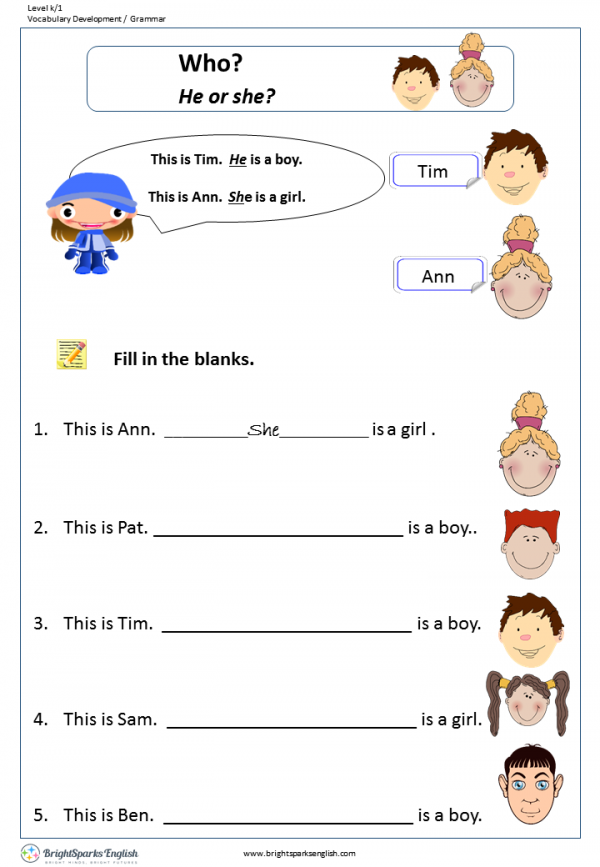
If you can't manage, take the lead. You cannot (yet) control the behavior of the child - adapt to what he does anyway, and what he wants to do himself.
Step 2: Taming: Train to come when called.
Do you know what "attach" means? The fisherman throws food into the river - he attracts fish. When an ancient man decided to tame wild dogs, he also started with affection, then he began to feed them, then stroke them, and gradually taught them to run up to him when he called them. Have you already tamed your children? Do they come running to you when you call them? If your children are still wild, start like an ancient man by taming them.
Your child likes to crunch apples or nibble cookies: your task is to make sure that access to these sweets is not free, but only through you. This is not in the vase, but you can give it to your child. Now you don’t wait until he starts begging from you, but choosing a good time, you yourself announce: “Who wants a tasty apple, quickly runs to me!”, “Cookies, cookies, delicious cookies for obedient kids. ” Children run, you treat them and pat them on the head: "Well done, how quickly you run to your mother!" So the hunt has taken place - you are already accustoming children to come to you when you call them.
” Children run, you treat them and pat them on the head: "Well done, how quickly you run to your mother!" So the hunt has taken place - you are already accustoming children to come to you when you call them.
Invite your child to you - and praise him when he comes to you! A bait can be not only food, but everything that the child likes: and squeeze the cream on the cake, and cut the bread, and the time when you can play with the child in the games that he loves. "Mom has five minutes! Whoever comes running quickly can play hide and seek with her!" Important: if a child comes running, you reinforce it: give a bait and praise. If the child is in no hurry to run, comes later and demands, you don’t give a bait: “That’s it! It’s all over!”, but you prompt: “When mom calls, you need to run quickly!”. Teach your child to fulfill your requests, reinforcing it with joy.
Step 3. Learning to negotiate.
Your child will be intelligent and not capricious if you teach him to use his mind. And for this, take the time to explain to the child what is good and what is bad - and teach him to negotiate. You can try to talk intelligently with a child even at two years old, and if your child is already three years old, this is already a must. Teach your child to negotiate and fulfill agreements!
And for this, take the time to explain to the child what is good and what is bad - and teach him to negotiate. You can try to talk intelligently with a child even at two years old, and if your child is already three years old, this is already a must. Teach your child to negotiate and fulfill agreements!
You and your child are on the playground, it's time for you to leave, but the child doesn't want to leave, he wants to play more. Just command?
The child may begin to protest with a roar. What to do?
Negotiate.
The first agreement - before coming to the playground. "You want to go to the playground, but we can't play there for a long time, I will need to return home, cook dinner. You promise me that when I say that it's time for us, you won't cry, but will say goodbye to all the children and go with me home? Won't you keep me?" The second conversation is when it's time for you to leave. Most likely, the child will begin to whine: "Mom, I have a little more!".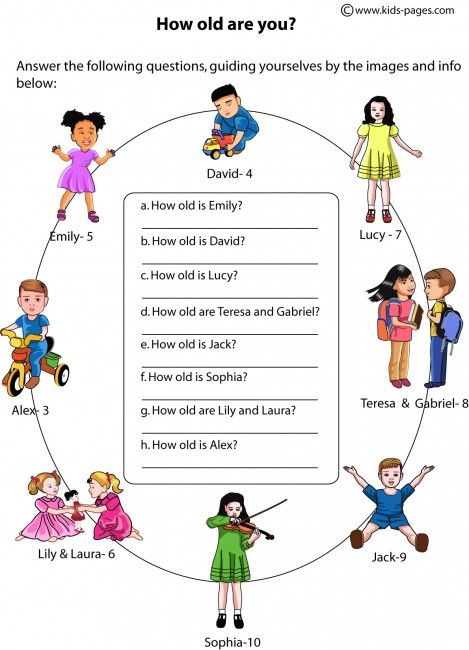 Here your task is to calmly cut him off from the players and discuss how to behave correctly in such a situation. “If you promised that you would not whine and cry when you need to go home, you can’t whine and cry. Otherwise, how will they believe you next time?”
Here your task is to calmly cut him off from the players and discuss how to behave correctly in such a situation. “If you promised that you would not whine and cry when you need to go home, you can’t whine and cry. Otherwise, how will they believe you next time?”
Here it is important that respect for agreements is supported by all close adults, there is only one position: "Agreed - it is necessary to fulfill it. And whoever does not fulfill the agreements is a violator, a whim and a small one, nothing serious can be allowed to him." We agree and do not be capricious.
Step 4: No whims.
An obedient child not only DOes what you ask him to do, he also STOPS doing what you do not like. The child tries to fight the will of his parents through his whims and tantrums, and your task at this step is to stop reacting to them in any way. Learn to do your own thing without reacting to the whims of the child - in those cases when you yourself are sure that you are right and you know that everyone will support you.
You are all hurrying to the train, packing your things. In this case, the whims of the child "Come play with me!" will be easily ignored by everyone, including grandmothers. Teach your child that there are important things to do. Teach your child to say, "This is important." If you sat down in front of him and, looking into his eyes, holding his shoulders, calmly and firmly say: "Adults now need to get together, and we will play with you later. This is important!" - then soon the child will begin to understand you. It is important!
Step 5: Requirements.
Your child already quickly comes running to you when you call him with something tasty, he stopped being capricious and no longer throws tantrums. As a rule, he will do what you asked him to do, but he is not yet used to the fact that you can seriously demand something from him. Requests are soft, while demands are hard and mandatory. Is that the way to listen? At this step, again act consistently, but carefully, at first demand a minimum and only when everyone supports you.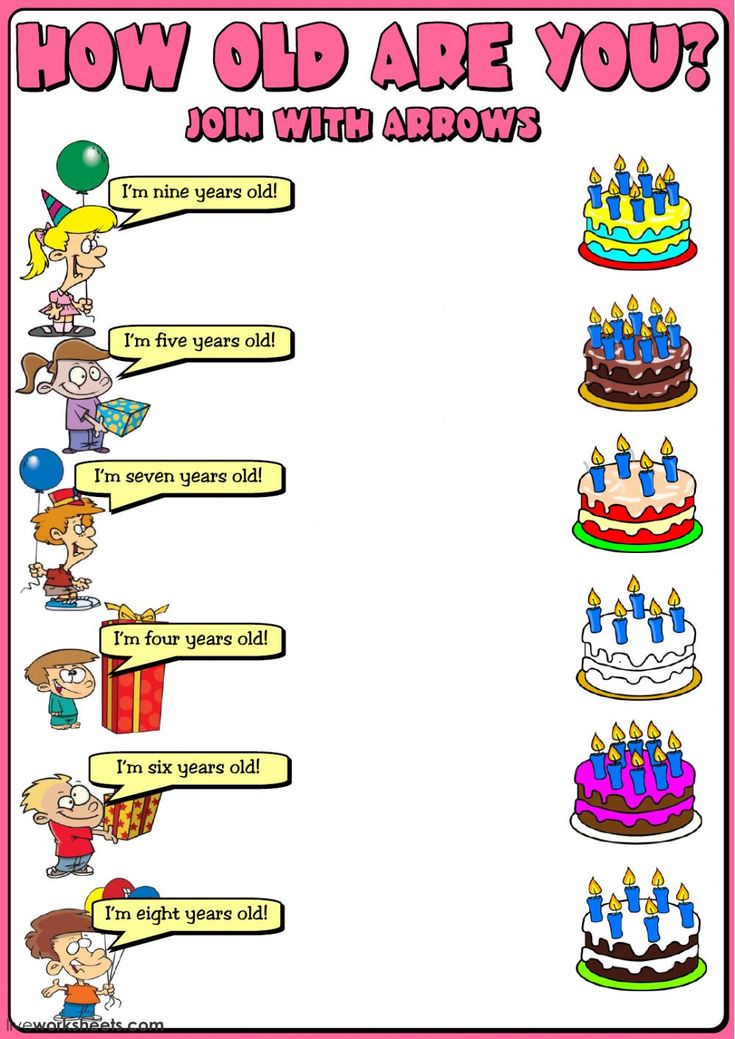
The child is already old enough to... In order not to take away a toy from someone else's child, to pick up a fallen mitten yourself, to put porridge in your mouth yourself... - Always look for those moments when your demands will be supported by everyone around you, so that even the grandmothers at least kept silent.
If you have too many demands on your child, if he does not keep up with your numerous demands, or if you do not have the support of others, do not push. Like politics, education is the art of the possible. Napoleon himself taught his commanders: "Give only those orders that will be carried out."
Nevertheless, gradually remove the bait as something obligatory, start calling the child already without rewarding him with something tasty. It's time to teach the child that if mom (especially dad) is his name, you need to come simply because he was called. If he doesn’t go right away, they repeated it, but achieved it. And now they drew his attention to the fact that you had to wait for him, and asked him to come when his mother calls. No need to swear, just say: "When mom calls, you need to come right away!" - and kiss! Slowly, your child will begin to learn it.
No need to swear, just say: "When mom calls, you need to come right away!" - and kiss! Slowly, your child will begin to learn it.
Step 6: Responsibilities.
Requirements are one-time, while duties are a system of permanent requirements for a child. The time has come to teach the child that each member of the family has his own responsibilities, and he must participate in family affairs on an equal basis with mom and dad. Having explained this to the child, begin to confidently give him tasks, but also act gradually here: let him first choose his duties according to his strength, let him do what is not difficult for him, or, all the more, even want a little.
This step is more difficult for mothers than for children. Moms really want to do everything themselves and not strain the child. So, dear mothers and, in principle, parents, make sure that the child always has things to do at your request. The child should not fade away the understanding that he has tasks, and he must do it.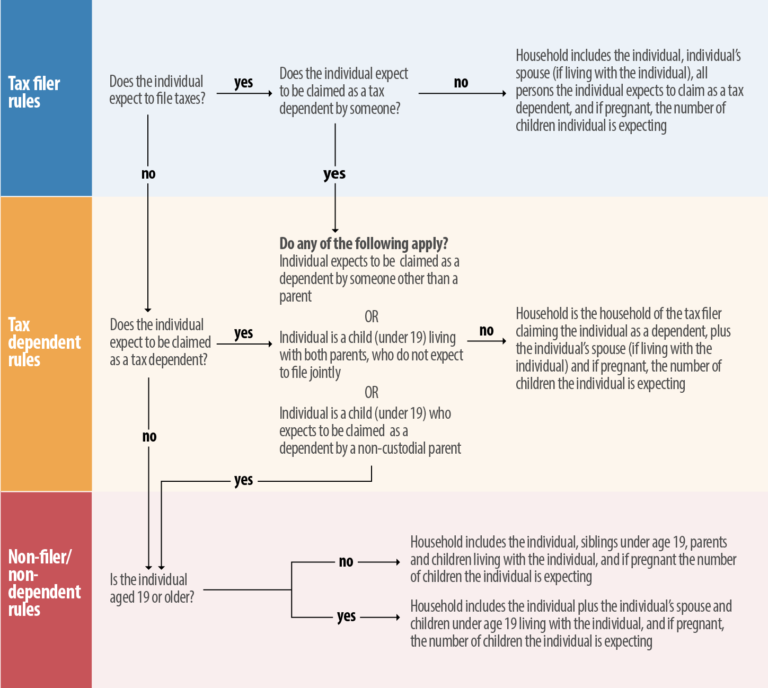 Clean up the bed, take away the cup, wash the dishes, run to the store - most likely, it’s easier and cheaper for you to do it all yourself, but you are educators, so your task is to restrain yourself, not to do it yourself and entrust it to the child every time .
Clean up the bed, take away the cup, wash the dishes, run to the store - most likely, it’s easier and cheaper for you to do it all yourself, but you are educators, so your task is to restrain yourself, not to do it yourself and entrust it to the child every time .
At first, the child has to be reminded of his duties, after a while the duty to remember should fall on the child himself. Remembering your responsibilities is also the responsibility of the child!
Step 7: Self-reliance.
When a child already knows what duties are, it's time to teach him to be independent. The ability to obey is the basis of smart independence. The independence of an obedient child lies in the fact that you can already give him difficult tasks in the confidence that he will complete them completely on his own, without your help and prompts. It’s not just “Go to the store” or “It’s your responsibility to take out the bucket”, but “Pack up all the things you will need on the trip”, “Grandma needs help digging up a garden in the country”, “Toothache? Call the clinic, Find out when the doctor is, go and get your teeth fixed. " As usual, not everything will turn out right away, at first the child will need your tips, help and support, but the more often he begins to successfully cope with difficult assignments, the faster he will wake up a taste for independence. So, move from simple to complex, from dense, frequent and specific clues to rare and general clues, and thus gradually move on to more and more difficult and independent tasks, mostly on the most positive background, with small irregular reinforcements and rare large ones.
" As usual, not everything will turn out right away, at first the child will need your tips, help and support, but the more often he begins to successfully cope with difficult assignments, the faster he will wake up a taste for independence. So, move from simple to complex, from dense, frequent and specific clues to rare and general clues, and thus gradually move on to more and more difficult and independent tasks, mostly on the most positive background, with small irregular reinforcements and rare large ones.
Ideally, if you go somewhere for a relatively long time, your child should be able to live without you without major problems. He is already on his own!
Step 8: Responsibility.
Well, the last step remains: responsibility. Women do not really like the word "responsibility", they are closer to "caring", but there is a difference between these words: a caring person pays only with efforts and soul, and a person responsible for his mistakes pays really. If you entrust a child with a responsible task, for this, in the event of a puncture, either the child or you will have to pay. But children grow up, it's time to acquaint them with responsibility, and now you entrust the child with not just deeds, but responsible deeds: those for which you need to answer to other people or, simply, pay for mistakes.
But children grow up, it's time to acquaint them with responsibility, and now you entrust the child with not just deeds, but responsible deeds: those for which you need to answer to other people or, simply, pay for mistakes.
You instructed a child to place an expensive service on the table. Or put money in the bank. Or - to bring a little sister from the kindergarten ... Will she not break it? Will not lose? Will not forget?
When taking on a responsible task, the child already knows the price of a mistake, and treats the assignment responsibly: he will think everything over, remember, follow up and check, and he will definitely report back to you at the end.
When a child learns this too, you can be proud - you are already an adult. You have raised an adult, responsible person! Remember, it all started with quiet, neat outbuildings to a completely naughty child?
Of course, and after that no one will promise you that your children will become angels and will never disobey you.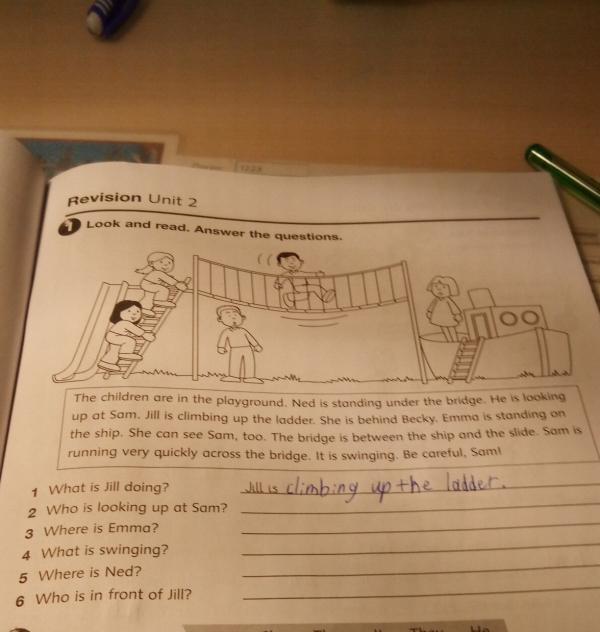 Everything is possible, our children do not always obey us. Sometimes it happens by accident, sometimes on purpose. How to react to it? Calmly. If you act wisely, you will solve this issue without difficulty.
Everything is possible, our children do not always obey us. Sometimes it happens by accident, sometimes on purpose. How to react to it? Calmly. If you act wisely, you will solve this issue without difficulty.
By the way, is there anything after the eighth step, after the formation of responsibility in the child? Your child is not only ready to fulfill your requests, he knows his duties, he is a completely independent and responsible person. And it's all? Is there anything else we want to give our child? Tell me, when and how will we set the task so that our children grow up as loving people?
Should children listen unquestioningly to their parents?
There can be no unambiguous answer to this question precisely because parents are different. There are parents - alcoholics, there are - smart and loving. If we talk about smart and loving parents, then our answer will be positive: yes, children should obey such parents implicitly. Why? What for? Because smart and loving parents love their children and will never demand from their children what will be harmful to children.